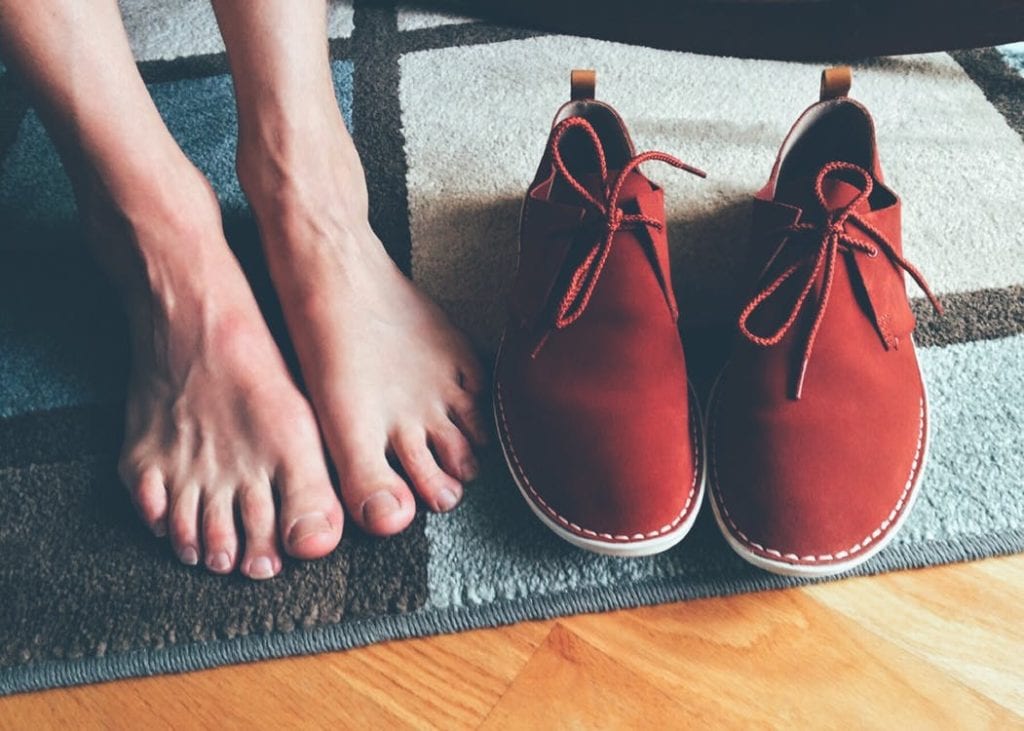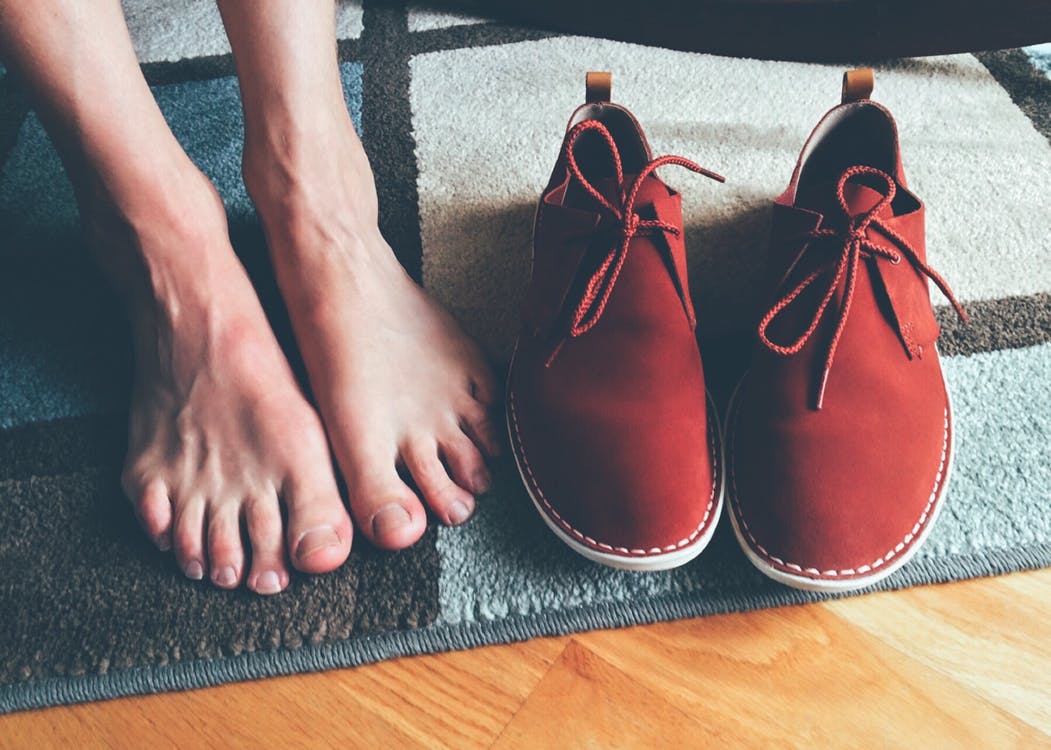
Maybe you did not know, but by looking at your feet you can find out how healthy you are. If you always suffer from cold feet, even in the summer, maybe it is due to some condition that is worth analyzing.
In this article we will tell you about some of the main causes of cold feet at any time of the year and how to warm your feet with effective tips.
Causes of Cold Feet
If you feel that your feet are cold even in the ambient temperature or with your socks and shoes on, it could be due to the following reasons:
Circulation problems
If the blood flows properly the feet stay warm. When this does not happen, the feet are cold. It’s that simple. For example, there may be obstructions in the arteries that do not allow adequate circulation.
Find out if you suffer from peripheral arterial disease. One way to find out if you are suffering from this condition is to analyze what happens when you go to bed.
If you lift your legs or you lie down and you feel that your feet get cold even more, (and to avoid this you must hang your feet over the edge of the bed), it could mean that it is due to that type of condition. Also if wounds or injuries do not heal fast.
Neurological problems
When there is damage to a nerve, or there is a deficiency of vitamins or there are metabolic problems, it is more likely that your feet will get cold. Also if you have kidney or liver disease, or if you are exposed to toxins.
Peripheral neuropathy begins in the longest nerves of the body (which reach the toes) and therefore numbness, burning or tingling is experienced. As the condition worsens, you may lose your sensitivity, experience pain, and have muscle weakness.
Excessive sweating
Wearing inappropriate footwear, exercising or being nervous can cause hyperhidrosis. This condition produces more perspiration and cools the body. The feet are no exception, so always take a gym towel with you.
If the evaporation of sweat is blocked because the socks are made of a material that repels water or the feet are exposed to cold, then the temperature of the extremities can fall significantly.
Other causes
Among the most common reasons for cold feet are:
Thyroid hormone problems
Very low basal metabolism
Lumbar strain
Colds and flu
Unbalanced diet
Raynaud’s disease
Pinched nerves
Buerger’s disease
Multiple sclerosis
Coronary problems
Tips to keep your feet from getting cold
Eat better
Eat boiled or sauteed vegetables. Avoid dairy and caffeine and opt for spices that increase body temperature like ginger, curry and cayenne pepper. Eat foods rich in magnesium, vitamins C, E and K and calcium. Do not forget to drink water, since dehydration can also cause cold feet.
Do hydrotherapy
Do hot water therapy for about 10 minutes. Pay attention to the temperature so as not to burn skin.
After that time, move your feet to another bowl with lukewarm/cold water and dry immediately. Then put cotton socks on.
Choosing good footwear
Use closed footwear made out of a material that maintains the heat and repels the snow and the water. They should not be too tight because good circulation will be impeded. Wear socks made of cotton or wool. Or you can use battery heated clothing.
Keep your feet dry
Many times our feet get cold because they get wet and many hours pass until they finally dry out. Try carrying a pair of socks or a towel in your bag and make sure they are dry at any time of the day. It is also recommended to change the socks at least 3 times a day and choose an absorbent material such as wool.
Move
Although doing sports can increase perspiration of the feet, it is necessary to have a good routine of exercise if you do not want your feet to always be cold. If you are spending many hours sitting or standing at your job, it is recommended to get into motion. Try some techniques to move your ankles and toes even while you’re at the desk.
